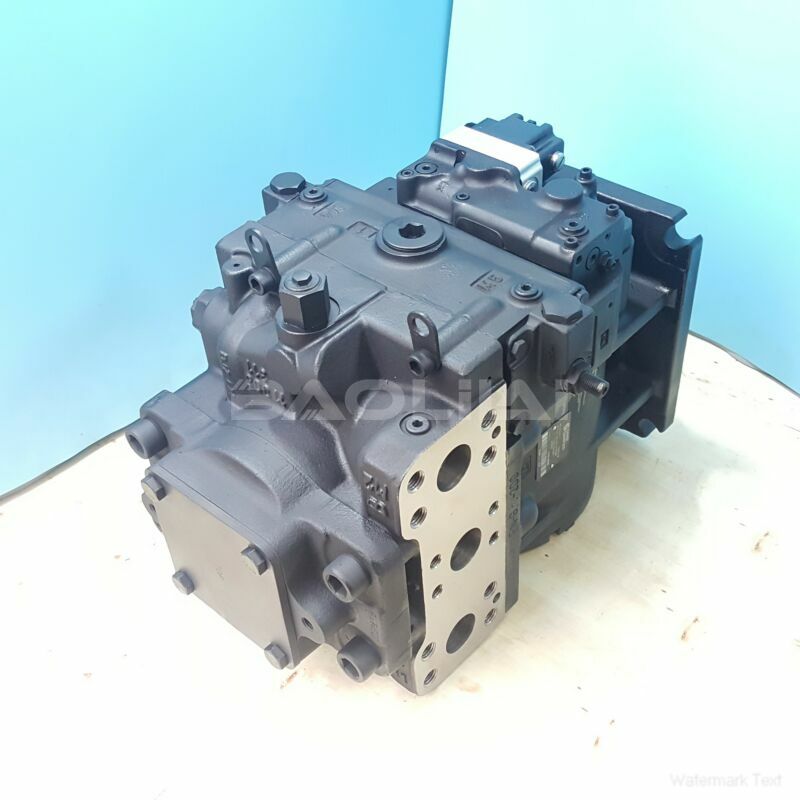90R100KA5BB80L3C7F03GBA353524 danfoss pump
90R100KA5BB80L3C7F03GBA353524 danfoss pump

- Product Details
- Applicable Scene
In the realm of industrial applications, the efficiency and effectiveness of hydraulic systems are paramount to operational success. One significant innovation in this field is the adoption of low-flow hydraulic pumps. These specialized pumps, designed to operate at reduced flow rates, bring a multitude of benefits to various industrial processes. This article explores the advantages of using low-flow hydraulic pumps and their impact on enhancing operational efficiency.
90R100-KA-5-BB-80-L-3-C7-F-03-GBA-35-35-24
90R100KA5BB80L3C7F03GBA353524
One of the primary benefits of low-flow hydraulic pumps is their energy efficiency. Traditional hydraulic systems often consume excessive amounts of power, leading to increased operational costs. In contrast, low-flow pumps minimize energy consumption by adjusting the flow rates to match the required application. This not only reduces electricity bills but also contributes to a more sustainable operation by lowering the carbon footprint.

83057235
In addition to energy savings, low-flow hydraulic pumps offer improved control and precision. Many industrial applications require specific amounts of fluid to perform tasks effectively. Low-flow pumps allow for fine-tuning flow rates, enabling operators to achieve better control over machinery and processes. This precision can significantly enhance product quality and reduce waste, proving to be a valuable advantage in production environments.
Furthermore, low-flow hydraulic pumps generate less heat compared to their high-flow counterparts. Excessive heat in hydraulic systems can lead to component wear and tear, ultimately reducing the lifespan of equipment. Low-flow pumps operate at lower energy levels, minimizing heat generation and promoting a longer lifespan for hydraulic components. This reduction in heat not only enhances reliability but also decreases maintenance requirements, leading to lower downtime and increased productivity.
Moreover, low-flow hydraulic pumps contribute to safer work environments. High-flow hydraulic systems often operate at higher pressures, which can lead to failure and pose risks to personnel and equipment. By utilizing low-flow systems, companies can achieve the necessary hydraulic force without the associated dangers of high-pressure operation. This focus on safety can lead to a more secure workplace and reduce the likelihood of accidents.





